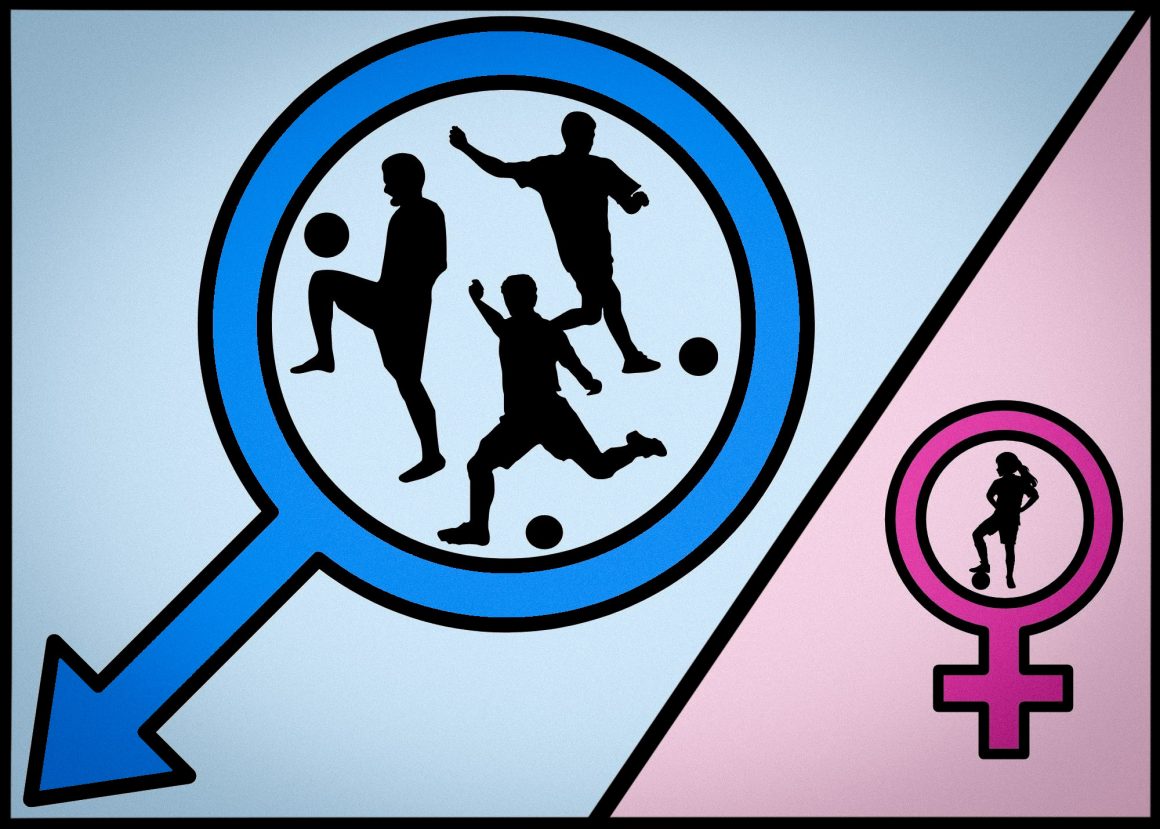
Beyond the pitch: Unmasking the struggle for equality in the 2023 FIFA Women’s World Cup
By Vama Saini, September 4 2023—
What if the field was the only battleground players needed to conquer? This question resonates among athletes from a myriad of nations, a collective voice that has risen in protest, often directed at their own governing bodies. Their demand is simple yet profound: fairness in treatment, an echo of the struggle for adequate compensation and essential training standards. As the world turns its attention to the 2023 FIFA Women’s World Cup, the enduring reality remains — the game they adore is interwoven with a fight for justice, turning the spotlight beyond the pitch.
The recent labour demonstrations involving nine out of the 32 participating teams provide a glimpse into the challenges confronted by women players. Allegations ranging from unequal pay and limited resources to cases of sexual misconduct involving coaches have marred the lead-up to the tournament. These disputes have cast a long, dark shadow over the athletes’ preparation, pushing them to contend with off-field issues that should have no place in any professional sports event.
The 2023 Women’s World Cup has become a battleground for issues that extend beyond the boundaries of the pitch. The persisting financial disparities in funding and pay equity are glaring examples of the unjust hurdles women athletes face. The discrepancy in experiences between male and female athletes casts a long shadow over the tournament, underscoring the inequities that persist in a time when gender equity should take precedence.
Consider the case of the Canadian team, which boldly wore purple warmups bearing the slogan “ENOUGH IS ENOUGH” during the SheBelieves Cup in February of this year. Their demands for equitable treatment, including funding, staffing and development, are neither excessive nor unwarranted — they are critical steps toward dismantling deep-seated biases within the sports world. However, their pleas have fallen on deaf ears due to the poor governance and lack of transparency within Canada Soccer.
While progress has been made in small steps, such as certain countries committing to equal pay for both men’s and women’s teams, substantial underlying issues remain. The gender pay gap, the disparity in available resources and the inadequate facilities for women athletes all contribute to the perpetuation of the cycle of gender bias.
The persistent struggle for equality extends beyond the financial realm, unfortunately. Shocking allegations of sexual abuse and misconduct by coaches and federation officials from various teams have rocked the foundation of women’s sports. Players from diverse backgrounds — including Zambia, Haiti and Colombia — have come forward with harrowing accounts of abuse. This systemic pattern of mistreatment raises serious questions about the safety, dignity and well-being of women athletes.
The disparity in broadcast rights offers for the Women’s World Cup, as evident in the disappointing offers from major European countries, reflects the historical neglect of women’s football. Gianni Infantino’s frustration at these offers reeks of hypocrisy, given FIFA’s own track record of underinvestment in women’s football. The organization’s lacklustre commitment to promoting and nurturing the women’s game has undoubtedly contributed to the current undervaluation of women’s sports.
To rectify this grave oversight, FIFA must acknowledge the intrinsic value of the Women’s World Cup in its own right rather than relegating it to an add-on. The vast resources within FIFA’s reach should be directed towards closing the gender gap, not only in terms of prize money but also in fostering the growth and development of women’s football on equal footing with their male counterparts.
As we watch the Women’s World Cup unfold, we must not let the excitement of the tournament blind us to the underlying problems. The disheartening reality is that gender bias continues to taint the world of sports. The Women’s World Cup should serve as a poignant wake-up call, urging us to question why women’s sports are still relegated to the shadows. The gender disparity in sports isn’t just a minor inconvenience — it’s a deeply rooted and systemic issue that affects the lives and aspirations of countless female athletes.
This article is a part of our Opinions section and does not necessarily reflect the views of the Gauntlet editorial board.
